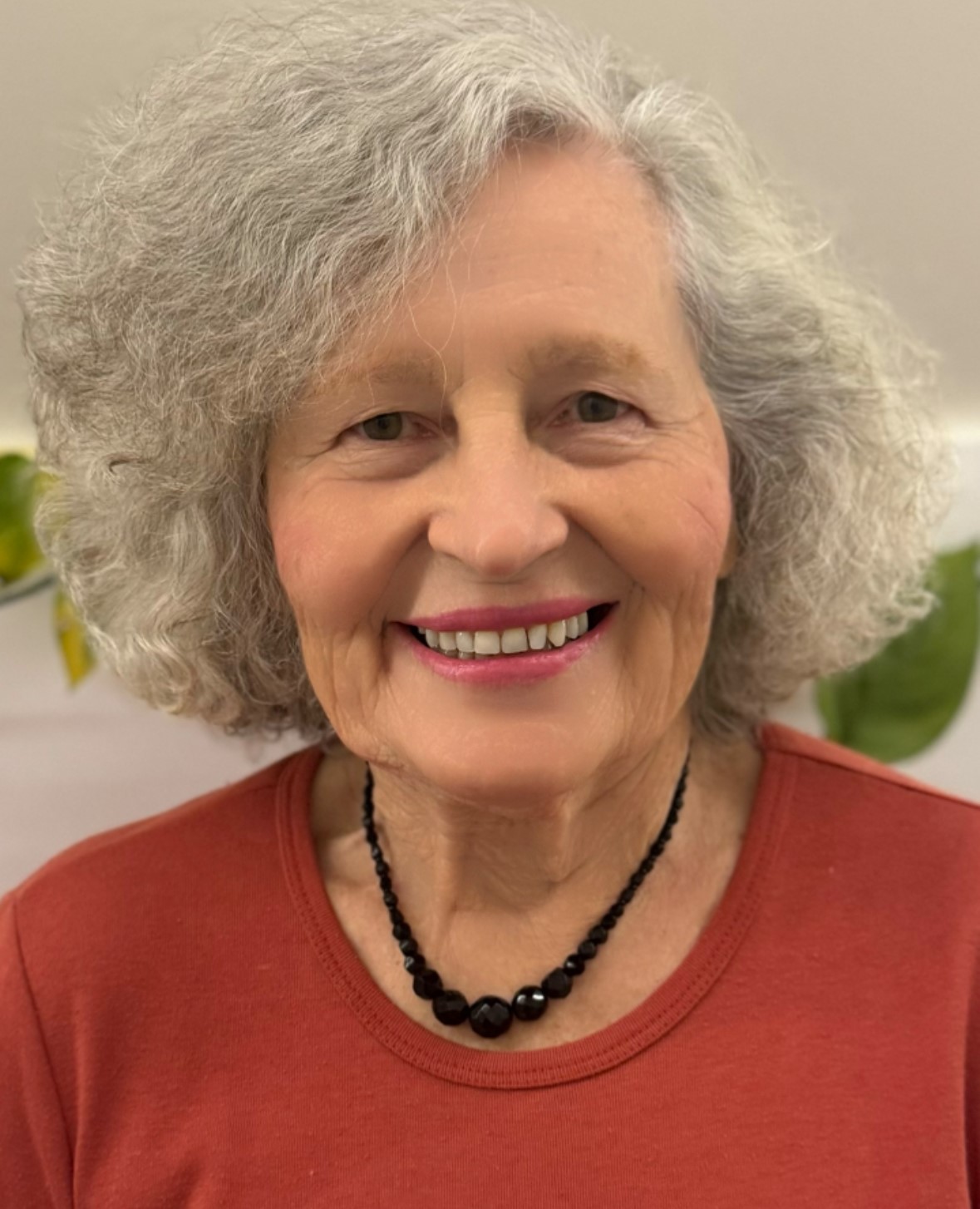Emma Castelnuovo Award 2024
 It is with great pleasure that the ICMI Emma Castelnuovo Award Committee hereby announces that the 2024 Emma Castelnuovo Award for Excellence in the Practice of Mathematics Education goes to Professor Kaye Stacey in recognition of her more than 40 years of research-based design, development and implementation of innovative, influential work in the practice of mathematics education. She led the development of innovative curriculum materials for teaching and teacher preparation, and a sequence of assessment projects that pushed the boundaries of what can be achieved in making assessment align more closely with the full spectrum of learning goals. These ground-breaking contributions have had a remarkable influence on the practice of mathematics education as exemplified by Emma Castelnuovo.
It is with great pleasure that the ICMI Emma Castelnuovo Award Committee hereby announces that the 2024 Emma Castelnuovo Award for Excellence in the Practice of Mathematics Education goes to Professor Kaye Stacey in recognition of her more than 40 years of research-based design, development and implementation of innovative, influential work in the practice of mathematics education. She led the development of innovative curriculum materials for teaching and teacher preparation, and a sequence of assessment projects that pushed the boundaries of what can be achieved in making assessment align more closely with the full spectrum of learning goals. These ground-breaking contributions have had a remarkable influence on the practice of mathematics education as exemplified by Emma Castelnuovo.
Through over 40 years of creative work on important challenges in mathematics education, Kaye Stacey has made major contributions in three main strands:
- the teaching of problem solving
- the use of new technologies in mathematics teaching
- the study of research knowledge on students’ thinking and the embedding of this knowledge in the design of influential assessments in Australia and, later, worldwide.
In each of these areas Kaye Stacey has turned her insight-focused research, and that of others, into tools for practitioners, using an exemplary process of imaginative design and careful iterative development. The impact on the practice of mathematics education in each of the three areas is supported by evidence and comments from users.
Kaye’s work on these diverse themes has been unified by the strategies that underlie her strong research-practice link:
- designing research projects that address topics central to mathematics teaching
- active dissemination to teachers
- formal work in school curriculum and assessment.
She has played a leading role in major research-based and curriculum projects at state, national, and international levels, for example, the Victoria Certificate of Education for mathematics in the 1990s, and 2000s, the ongoing development of the smart tests for formative assessment, and as Chair of the Mathematics Expert Group for PISA. For its initial three years (2016 – 2018), she was a director of the reSolve: Mathematics by Inquiry project, a curriculum development project of the Australian Academy of Science. And there is much more, reflected in an impressive portfolio of high-quality products that support the practice of mathematics education.
Kaye Stacey has worked in university teaching and research roles for all of her career, with two short exceptions working full-time in curriculum development.
After a stellar undergraduate career in Sydney she went to Oxford, producing a D.Phil. in number theory – on sphere packing. She moved into teacher education in 1975 with a post in teacher education at Burwood State College, later part of Deakin University. There, and on visits to England, she made contributions to both research and innovative design before, in 1989, she was appointed to the Foundation Chair of Mathematics Education at the University of Melbourne.
Kaye has over 400 publications, some of which have been translated into multiple languages; she estimates that about half are intended for teacher audiences. Her research has been centred on the three themes referred to above. She has been active in curriculum design and re-design for many decades, including leading the Victorian K–10 curriculum revision throughout the 1990s and as an advisor to the various Australian national curriculum revisions; her research on new technologies has been especially significant in Year 11–12 mathematics.
Major awards include the Australian government’s Centenary Medal “for outstanding services to mathematics education”, the Mathematics Education Research Group of Australasia MERGA Career Research Medal, and a Fellowship of the Australian Mathematics Society. In 2017 she was awarded the Prize for Lifetime Achievement in Educational Design of the International Society for Design and Development in Education (ISDDE) in recognition of her “leading design role in major projects at state, national, and international levels – for example, the Victoria Certificate of Education in mathematics, the development of the Smart tests, and as Chair of the Mathematics Expert Group for PISA.”
In summary, Kaye Stacey’s work has combined principled innovation in research, design, and development with large-scale impact. The design concepts are original, and the resultant materials are influential. For 40 years, she has performed excellent and influential work in the practice of mathematics education as exemplified by Emma Castelnuovo. She is an eminently worthy recipient of the 2024 Award.